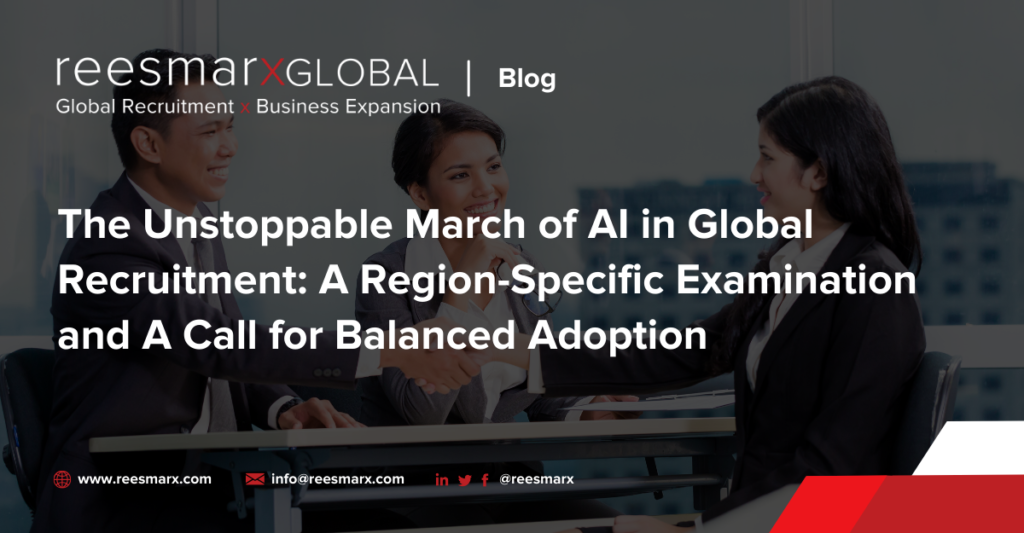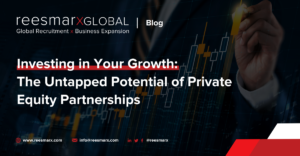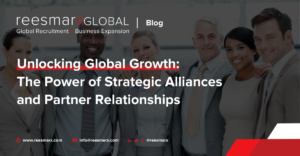Artificial Intelligence (AI) is no longer a thing of the future; it’s a reality shaping the present, most notably in how businesses scout, screen, and recruit talent. Its burgeoning influence ranges from advanced resume parsing to assessing a candidate’s soft skills, presenting a seismic shift in the very fabric of the hiring landscape. However, this wave of AI capabilities is not just a technological marvel; it is a Pandora’s box challenging the essence of human intuition and ethical conduct in hiring.
AI in Developed Economies: USA, Europe, and Japan
AI’s capabilities are becoming almost synonymous with the hiring process in the West and parts of Asia like Japan. It’s not merely a tool but an ecosystem of various technologies, from intelligent bots that interview candidates to algorithms that predict an applicant’s future performance based on past roles. A compelling study by Indeed exhibits that AI can expedite resume scanning by a staggering 80%, showcasing tremendous gains in efficiency.
However, it’s not all sunshine and rainbows. Research indicates that algorithmic biases can perpetuate systemic discrimination against women, minorities, and underrepresented communities. The tool that promises to level the playing field may ironically tilt it favor of dominant groups. This paradox is especially prominent in developed countries where technology adoption is far-reaching.

AI in Developing Nations: India, Africa, and South America
Developing countries, despite technological limitations, are gradually embracing AI in hiring. There’s an undeniable appetite for automated systems that filter out candidates based on qualifications, potentially democratizing access to opportunities. AI can significantly reduce time-to-hire and minimize unconscious human biases, creating a more equitable environment.
Still, obstacles like the digital divide, lack of infrastructural support, and limited digital literacy can hamper AI’s effective implementation. Businesses should be acutely aware of these challenges while integrating AI, as the stakes involve widening—or narrowing—the social inequality gap.

AI in Transitional Economies: China
Technological prowess is harnessed in countries like China to upend traditional hiring methods. For instance, facial recognition in China is being touted as a revolutionary way to gauge a candidate’s emotional intelligence.
However, these advancements occur within the confines of different socio-political landscapes, often riddled with ethical pitfalls such as state surveillance and data privacy violations. The unchecked use of AI can exacerbate social stratification and discrimination, an alarming concern in transitional economies.
Predictions: The Perils of Overreliance on AI
Excessive reliance on AI could create an impersonal, machine-driven recruitment process, stripping away the relational, human element crucial to any organization’s culture. Moreover, the more we let algorithms decide, the more we risk codifying and perpetuating existing biases, from gender to ethnicity, making diversity and inclusion elusive goals.
Balancing Act: Merging AI with Human Insights for Optimal Hiring
Organizations should adopt a multi-pronged approach to preserve the sanctity of hiring:
Automate but Don’t Eliminate: Use AI to manage repetitive aspects like resume screening and initial rounds of interviews while preserving human involvement for final decision-making.
Data-Driven Human Intuition: Leverage AI analytics to glean insights into labor market trends, skill gaps, and a candidate’s potential cultural fit, thereby augmenting human judgment.
Transparency is Key: Maintain open communication channels about the AI processes, ensuring candidates are aware and have an avenue for queries or appeals.
Continuous Auditing: Regularly evaluate and update AI algorithms to minimize systemic bias and ensure they align with ethical hiring standards.
Conclusion
AI is invaluable in modernizing global hiring practices, offering unprecedented efficiencies and opportunities. However, it’s not a silver bullet and should be utilized cautiously and ethically, blending the best of technology with irreplaceable human wisdom. As businesses globally tread these uncharted waters, navigating with both the compass of technological innovation and the anchor of human ethics is imperative.
By synergistically embracing AI and human elements, organizations can set a new gold standard for responsible, effective, and inclusive hiring.
Contact reesmarxGLOBAL Today
reesmarxGLOBAL is your dedicated partner in navigating the intricate terrain of global talent acquisition. Our legacy of excellence in recruitment and executive search empowers businesses to secure top-tier talent, even in the face of economic challenges.
We invite you to reach out to us today and embark on a journey to redefine your recruitment strategies in an ever-evolving world. Our seasoned experts are poised to assist you in overcoming the hurdles posed by economic uncertainties. Let’s embark on this journey together towards a future of talent abundance and business success. Contact us now.






